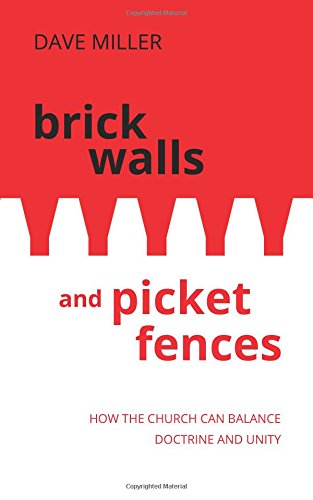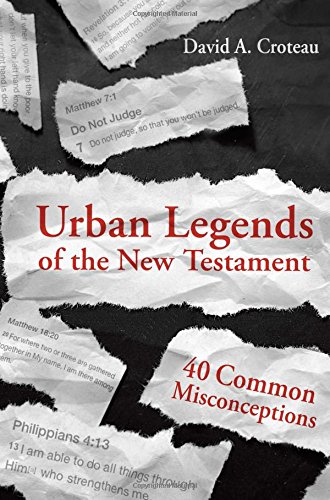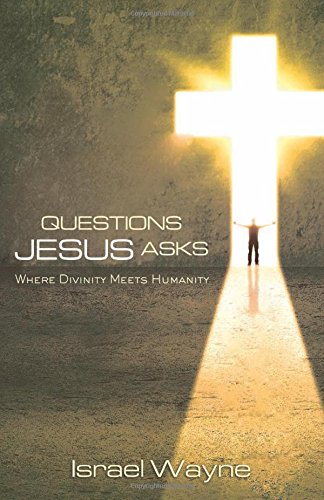Well, yesterday we signed and reviewed over 90 pages worth of loan and title documents and closed on our house. Why does this matter enough to blog about it?
Because it’s part of life, normal, ordinary life. It’s the next thing on my list of stuff I was never going to do again that I have now gone and done…again.
Why didn’t we want to do it again? Last time we bought a house, the housing market collapsed, we moved, and we couldn’t sell it. In the long run, it took a lot of help and miracle not to go to have it foreclosed on, and I still owe someone for the gift/loan that kept us out of the deep doghouse on it.
And because last time it kept us from being open to the direction God was leading us, and then we went a less-than-good direction from there.
Then there are all the great questions about home ownership: do I know how to fix stuff? Can I afford to fix stuff?
Then, lo and behold, today it looks like a tropical storm is forming. Watch, it will get our house!
But we do what we need to do. For us, one thing we needed to do was make a mental commitment to be here. See, I liked my little country church and relaxed atmosphere. I liked the pace, the situation. And part of me will always miss the sunrise on the prairie, the ducks…but never the mosquitoes. NEVER!
Here, life is different. And here, I’ve been having trouble adjusting to it. It’s noisy. It’s busy. There are more people in my neighborhood than there were in our town. More people in the five mile radius around this church than there were in the whole county.
Seriously, Ann and I did the math the other day and discovered that the population density here is almost 100 times what it was there. Add to that the fear that people won’t like me here and leave church…which they might, truly. I assume there will be a 5-15% decline the first 18 months.
All that makes it easy to grow shallow roots, ready to transplant. Same with renting a house—all you have to do is follow your lease and then move on. Now, though, we’re here.
Stuck. Or committed. However you want to look at it. Some days, it will be more one than the other. But in our minds, we’re now here, committed to be here.
That’s the investment that home ownership is. It’s not that we expect to sell it someday for a profit—far more likely that we’ll barely pay it off someday—but that we have a place that we are attached enough to that we’re legally connected to it.
Does that make it impossible to follow God? Nonsense. It does show, though, that we are going to follow through with where He has put us now, and that we won’t lightly hold to the land we’re responsible for.





 One of the main people I rely on to keep me laughing is Tim Hawkins. And, for the first time ever, Tim has written a book!
One of the main people I rely on to keep me laughing is Tim Hawkins. And, for the first time ever, Tim has written a book! 

